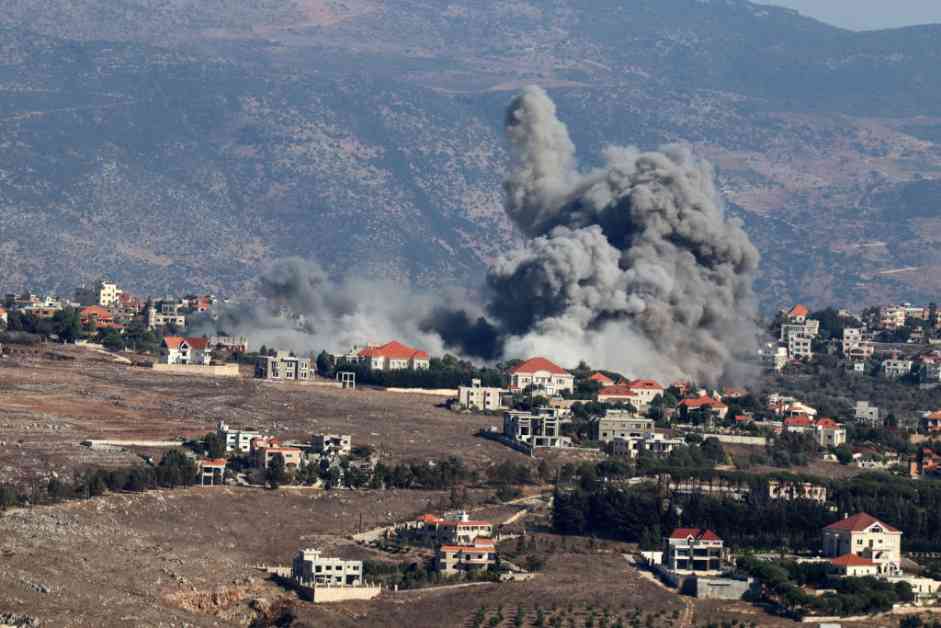Escalating Tensions: Is the Third Lebanon War Imminent?
The situation in the Middle East has reached a critical point as tensions between Hezbollah and Israel continue to escalate. With the United States calling for calm and diplomatic solutions, the region is on edge, waiting to see what the next move will be.
Israeli Defense Minister Yoav Gallant has declared a “new phase” in the conflict with Hezbollah, aiming to force the Iranian-backed group to abandon its strategy of slowly weakening Israel through ongoing attacks. Recent Israeli airstrikes have targeted Hezbollah infrastructure in Lebanon, resulting in the destruction of a significant number of the group’s missiles and rockets. The precision strikes on key Hezbollah leaders in Beirut have further destabilized the organization.
As Israel intensifies its military operations against Hezbollah, the question arises of whether the conflict will expand further. Analysts speculate on Israel’s intentions, considering possibilities like creating a buffer zone in southern Lebanon or pushing for a ceasefire agreement with Hezbollah. The outcome remains uncertain as both sides weigh their options in the face of escalating hostilities.
Hezbollah’s response to Israeli attacks has been mixed, with the group demonstrating its ability to escalate the conflict while also showing restraint in targeting Israeli cities. Despite suffering significant losses, Hezbollah remains a formidable force capable of continuing the fight. The group’s actions in solidarity with Hamas in Gaza have further complicated the situation, raising concerns about the potential for a broader regional conflict.
Iran’s involvement in the conflict adds another layer of complexity, with the Iranian government accusing Israel of provoking a broader war. Despite reported requests from Hezbollah for Iranian intervention, Iran has so far refrained from direct involvement. The U.S. and other international actors are working to broker truce agreements between Israel and Hezbollah, emphasizing the need to protect civilians on both sides of the border.
The proposed ceasefire and de-escalation efforts face challenges, as the root causes of the conflict remain unresolved. Israel’s demand for Hezbollah to demilitarize in southern Lebanon aligns with previous UN resolutions but faces obstacles in implementation. The ongoing displacement of Israeli communities in the north adds urgency to the need for a lasting solution to the conflict.
As the situation in the Middle East continues to evolve, the risk of a third Lebanon war looms large. The delicate balance of power between Israel, Hezbollah, and other regional actors hangs in the balance, with the potential for further escalation remaining a real possibility. The coming days and weeks will be critical in determining the path forward for the region and whether peace can be achieved amidst escalating tensions.
